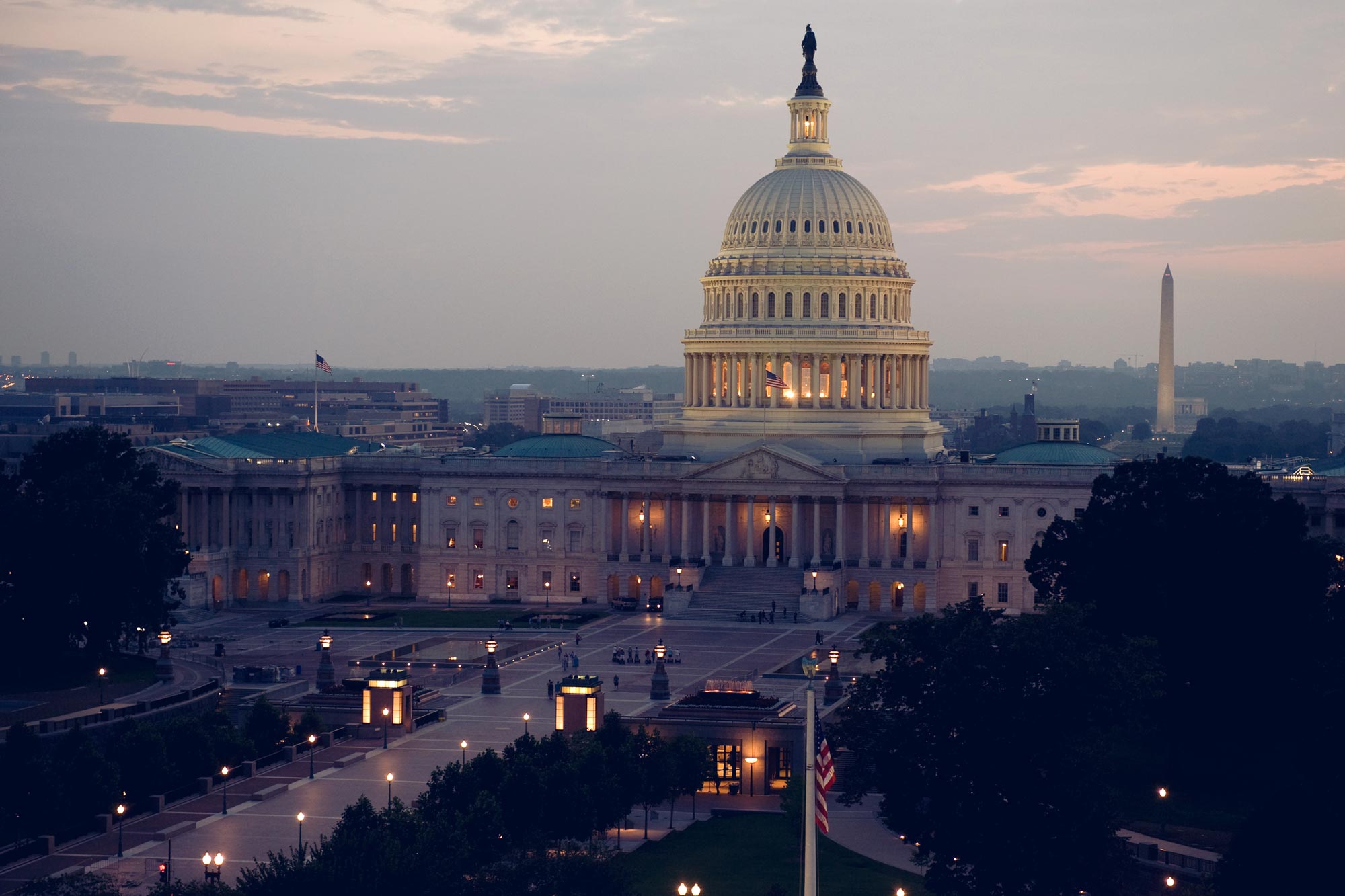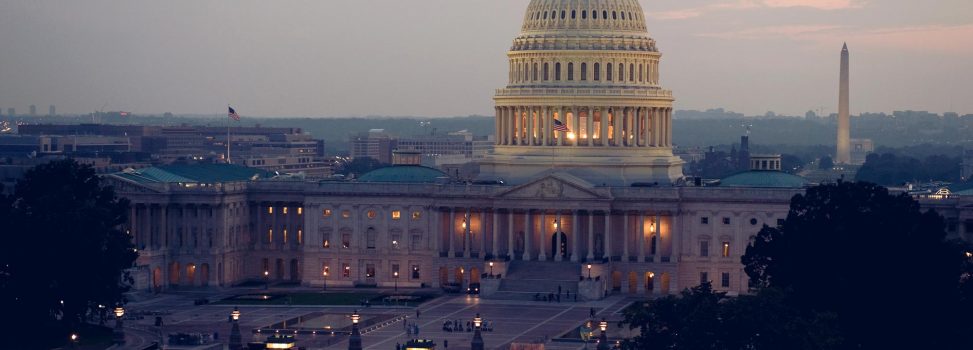An Early Look at Biden-Harris National Security
Challenges and Priorities
Keith Hansen and Rae Huffstutler
NSF Program Committee and former Intelligence Community professionals
Thursday, Feb. 25, 2021 at 09:00 am Pacific Time (US and Canada) via Zoom
If you are an NSF member, you will receive an invitation by email to this online event. Please check your email and RSVP your attendance. If you would like to attend this meeting, become a member today!
This is the opening program in NSF’s new partnership with Mission Support Test Services (MSTS) series. MSTS is the managing contractor for the Nevada Nuclear Security Site (NNSS), formerly the Nuclear Test Site, located outside Las Vegas. Our NSF-MSTS series will highlight Nevada’s role in global security through programs, workshops and other discussions about nuclear policy and security, counterterrorism, climate and energy security, and other timely topics. We welcome our new NSF members from MSTS and Las Vegas and look forward to your participation in NSF program and events.
If you missed any of our recent Zoom programs, please check out the recordings posted on our website. Please also stay tuned for upcoming invited commentaries on timely topics. To watch videos of our past programs, read commentaries, and learn about our upcoming programs, and stay connected to NSF news and events visit our website regularly. Scroll down on the landing page to get to our video links): NSF Website
Program details for our upcoming program:
“Foreign policy is domestic policy and domestic policy is foreign policy,” national security adviser Jake Sullivan told a virtual audience Friday. “We have to put ourselves in a position of strength to be able to deal with the challenges we face around the world,” Sullivan said. “Right now, the most profound pressing national security challenge for the United States is getting our own house in order.” (Reporting by Jeff Sledin in VOA, 29Jan2021)
The Biden National Security Team is still being formed but recent appointments and statements suggest the outlines of the policy structures and approaches to come. Keith Hansen and Rae Huffstutler, NSF regular presenters and former Intelligence Community professionals, will review the known U.S. policy players and explore some of the continuing conundrums — like China, Russia, Iran, North Korea, and nuclear arms control — that the Biden team must continue to manage in new ways.
They will also explore how national security challenges have changed in the past four years so that foreign policy is more entangled with domestic policy leading to a more complex policy planning process and more diverse voices. Economic sanctions are gaining traction as U.S. military intervention is being reduced. New geo-strategic alliances are developing, such as the Sunni Gulf Arabs and Israel contesting the spread of Iran’s Shia influence in Iraq, Syria and the Palestinian territories impacting allies, aid and oil. Climate change and strife are accelerating the refugee and immigration pressures. And how the rise of domestic violent extremism linked to foreign groups poses issues for both domestic police and the military.
Keith and Rae recommend some advanced reading on nuclear security and arms control issues for the interested students:
- R. Gottemoeller in The Foreign Service Journal, May 2020, “U.S.-Russian Nuclear Arms Control Negotiations – A Short History” at: Nuclear Arms Control History
- E. Rumer and R. Sokolosky in Politico 07Feb2021 “Why the new START Extension Could be the End of Arms Control as we know it” at: START Extension
We welcome your participation in this event and your questions to our presenters. Remember that our Zoom webinars are open to the first 100 registrants, so please register early.
If you decide that you can’t make it later please delete your registration to allow others to join.
Keith Hansen has extensive experience in the defense and intelligence communities, having served as a US Navy officer for 30 years and as a National Intelligence Officer (NIO) for Strategic Programs and Nuclear Proliferation. As NIO, Hansen was deeply involved in negotiations on the disarmament of nuclear weapons, as well as on a comprehensive ban on nuclear testing. He and his wife live in Incline Village. He is the author of The Comprehensive Nuclear Test Ban Treaty: An Insider’s Perspective (Stanford University Press, 2006); coauthor of Spy Satellites and Other Intelligence Technologies that Changed History (University of Washington Press, 2007); and co-author of Preventing Catastrophe: The Use and Misuse of Intelligence in Efforts to Halt the Proliferation of Weapons of Mass Destruction (Stanford University Press, 2009). Professor Hansen has a BA in History from Stanford University; an MA in International Affairs/Soviet Studies from The Johns Hopkins University School of Advanced International Studies; an MA in Russian History from Stanford University; and an MS in Management from the Stanford University Graduate School of Business—Sloan Program.
Rae Huffstutler has a distinguished career in the Intelligence Community. He served as the Executive Director of the Central Intelligence Agency (CIA), the Director of the National Photographic Interpretation Center, and as the Director of Soviet Research at the Agency. Among his many accolades are twice being awarded the National Intelligence Distinguished Service Medal and in April 2003 he was inducted into the National Geospatial-Intelligence Agency (NGA) Hall of Fame for his contributions to imagery collection and intelligence. Rae received a BA in economics and an MA in international economics from the University of California, Berkeley. Rae is an active member and regular contributor and presenter of the National Security Forum. He lives during the snowless months, in lovely Incline Village.


